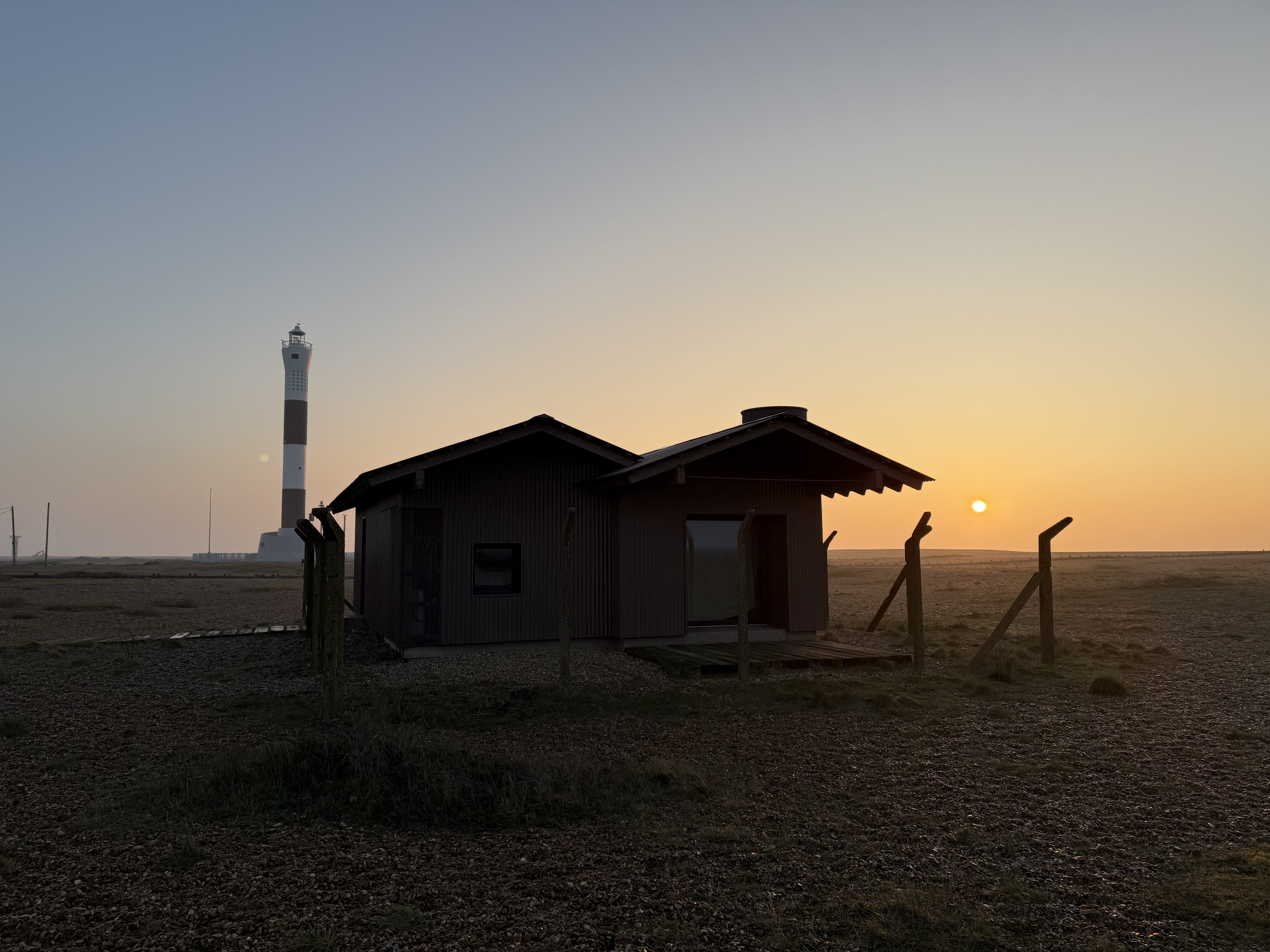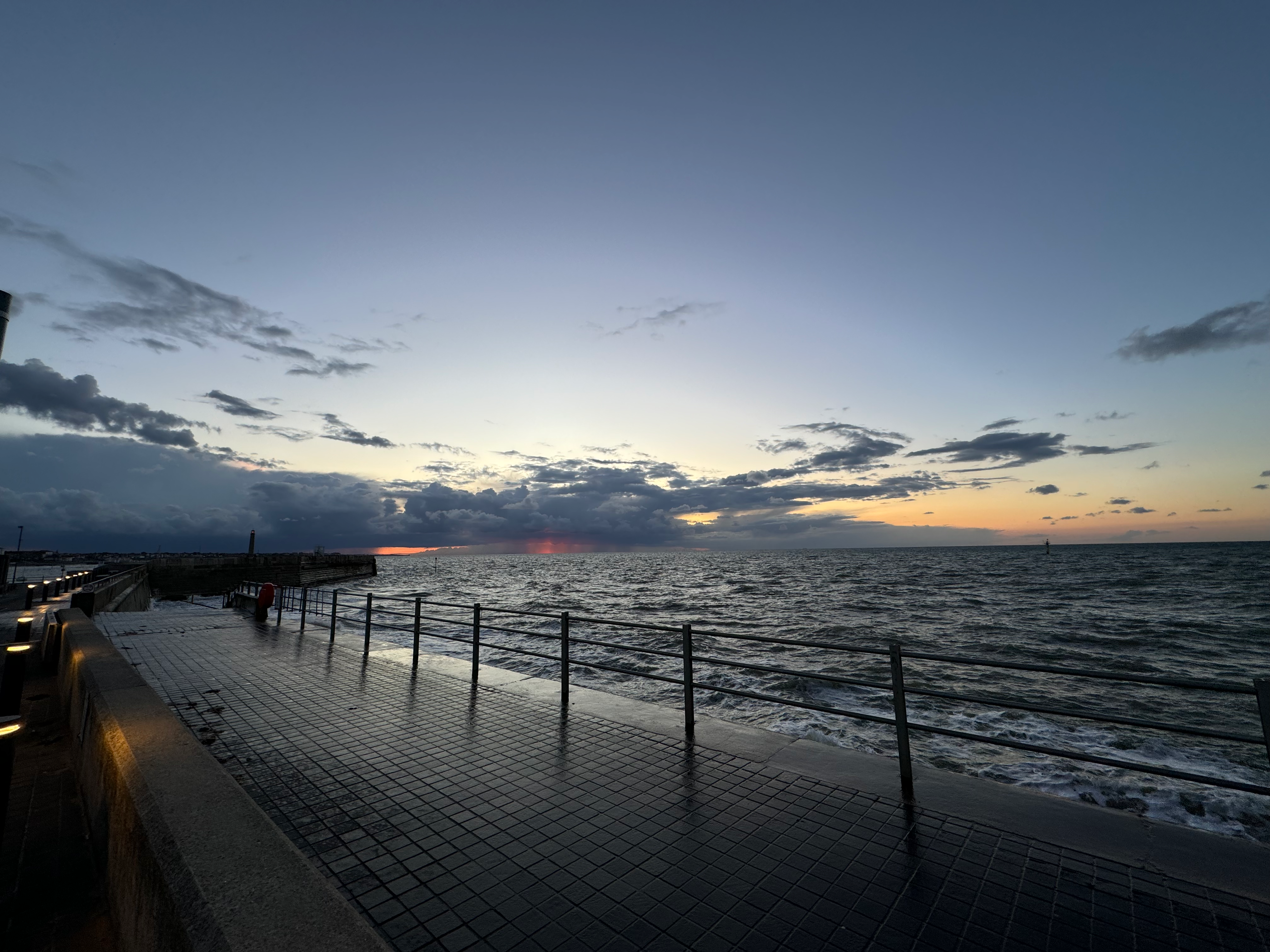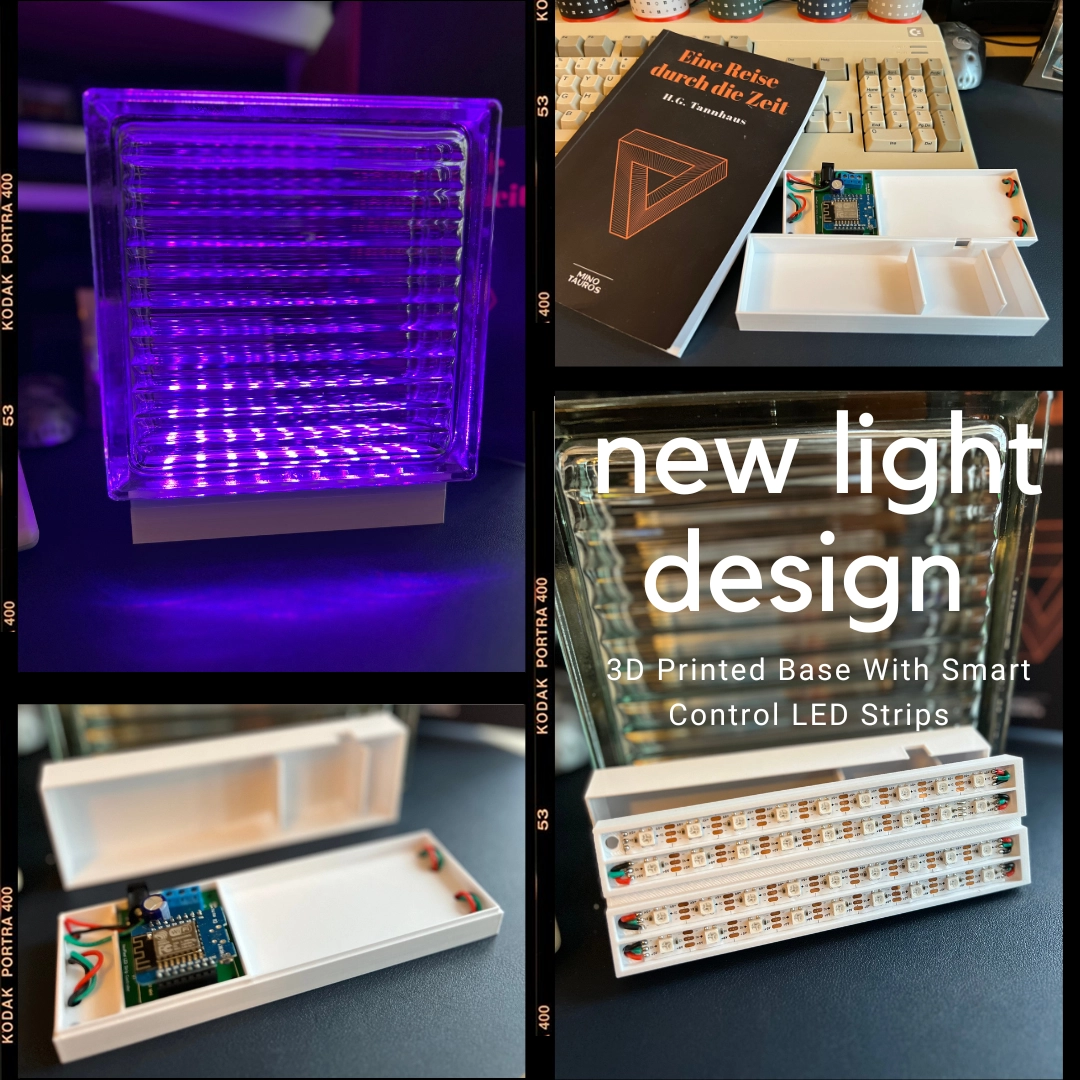Music is a key component of my life, I have it on in the background when I am working, I use it as motivation at the gym and I relax to it after a busy day.
Over the years music has been a constant companion but the format or method of listening has changed.









